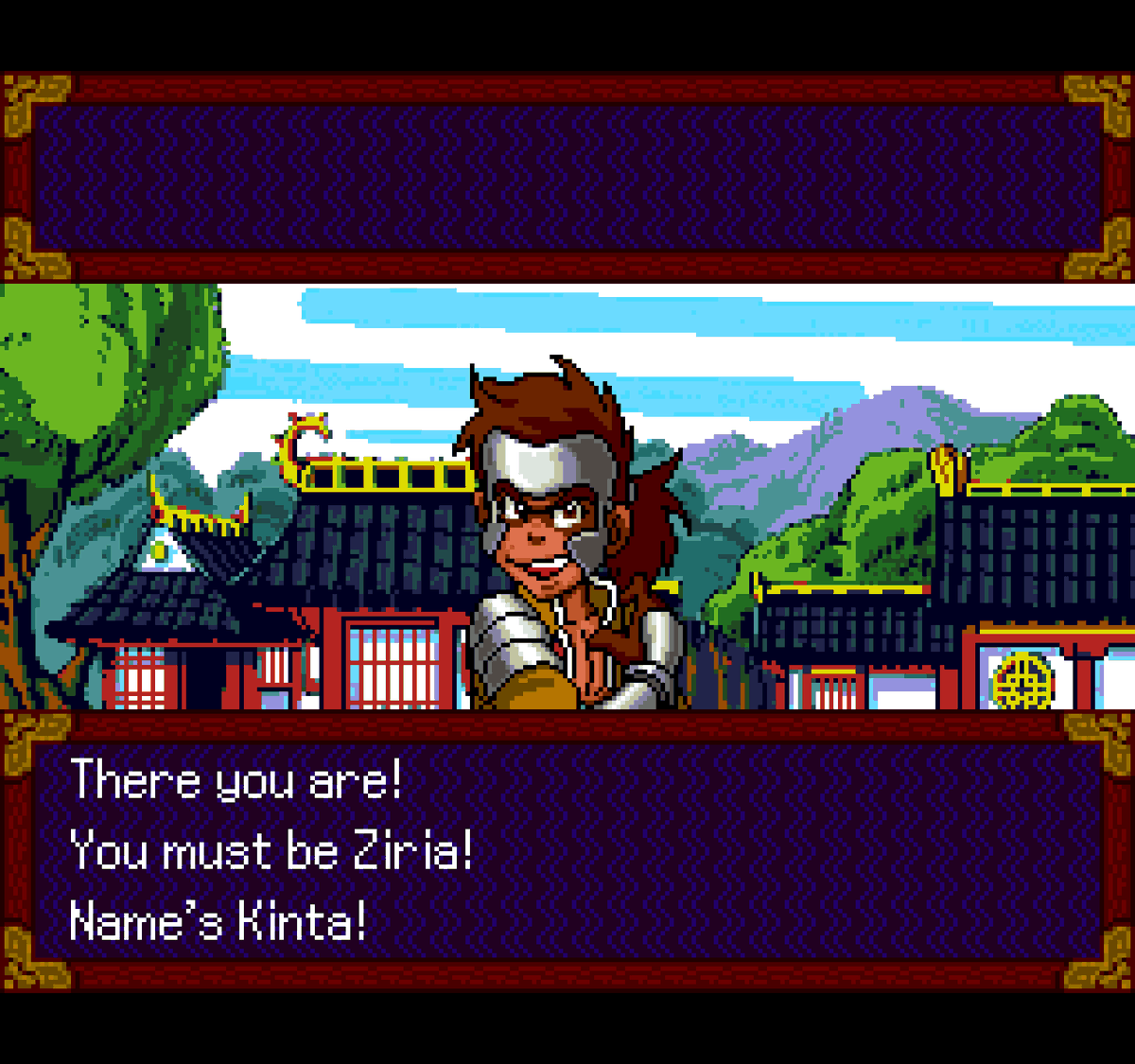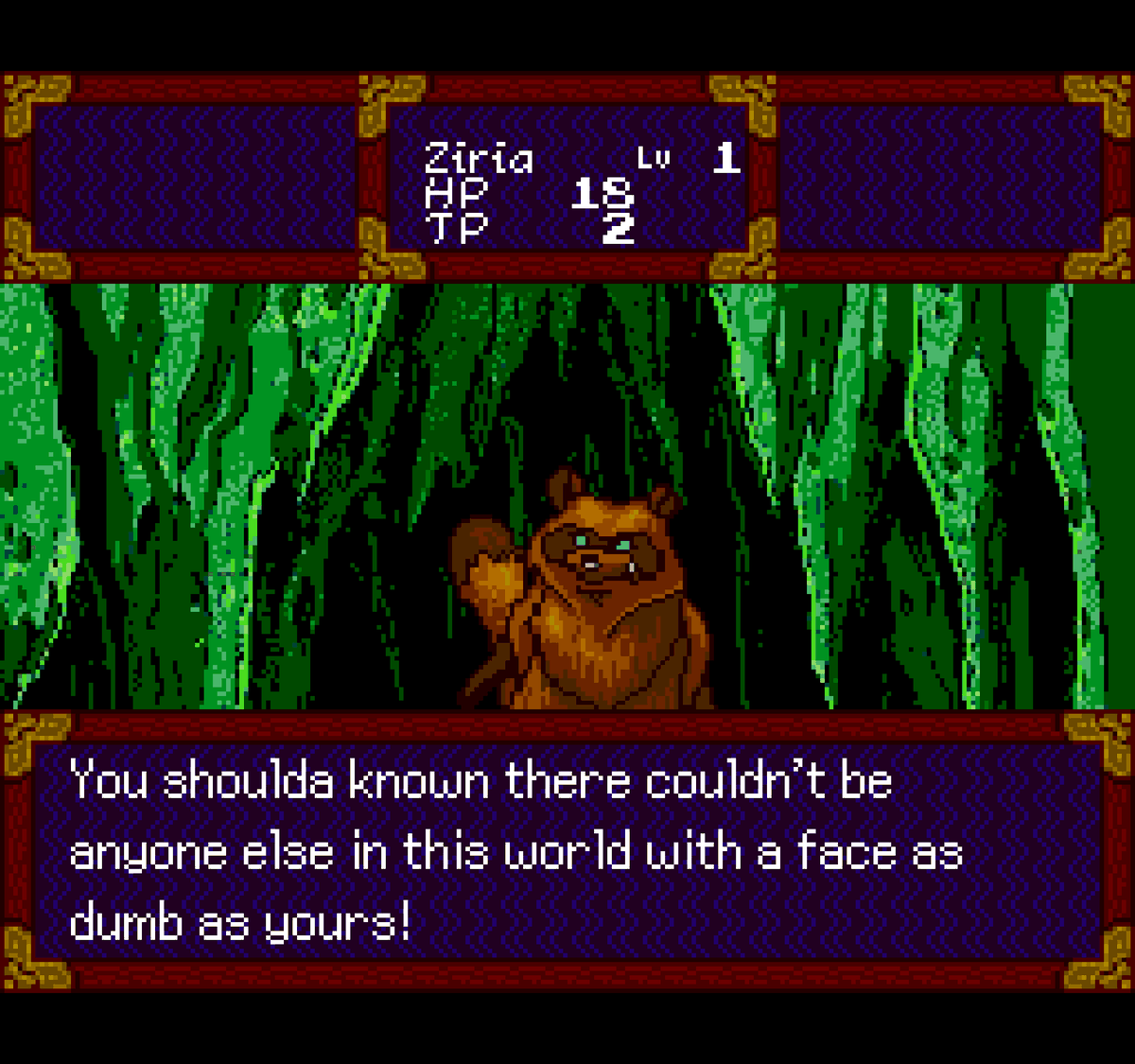How an old-school RPG used my assumptions about the genre against me
If you have a lot of experience with video games, it can be easy to infer the basic mechanics of a game you start for the first time. But sometimes those assumptions can be used against you. I learned this firsthand during a recent interaction with a devious tanuki in an old-fashioned role-playing game.
Last week was the first match in the Tengai Makyo franchise – also known as Far East of Eden outside Japan – received an unofficial English translation. Tengai Makyo: Ziria debuted in 1989 for the PC Engine CD-ROM² and quickly rose in popularity alongside RPG powerhouses like Final Fantasy and Dragon Quest, thanks to the extensive voice acting and high-quality music made possible by the console's CD-ROM format. The series would remain a priority for its developer, Red Company, through 2005 – a 16-year history that saw only one North American release in 1995 in the fighting game spin-off. Far East of Eden: Kabuki Klash.
I was always up for a bit of classic, turn-based roleplaying and took the time to patch and play Tengai Makyo: Ziria during the weekend. In the game, I take on the role of Ziria, a young boy trained as an heir to the legacy of the legendary Fire Clan in order to face an ancient evil known as Masakado upon his resurrection. The eponymous hero is ordered by his mentor to enlist the help of other descendants of the Fire Clan, despite Ziria's confidence that he can defeat Masakado alone, and is sent on his way.
I was struck by Tengai Makyo: ZiriaDragon Quest's similarity to Dragon Quest, especially in the first-person combat and using menu commands to talk to NPCs and explore my surroundings, but I didn't have much time to dwell on the mechanics before I met what I thought was my first party member.

While exploring a nearby town, Ziria encounters another adolescent named Kinta, a self-proclaimed “Fire Hero” who has been waiting for our protagonist's arrival and joins the party. A villager notes how much Ziria and Kinta look alike, then dismisses this as simply a matter of the boys being distant relatives. Kinta encourages Ziria not to worry about buying equipment. Since I was only a few minutes into it Tengai Makyo: Ziria and I hadn't made much money on the short trip from Ziria's house, I assumed this was the game itself telling me I didn't have any new gear. So I followed Kinta's advice.
Oh, how wrong I was.
After trapping Ziria in a dead end, Kinta reveals himself as an evil Tanuki devoted to Masakado's return; he had disguised himself as a young boy to harass our hero. It didn't take long for Kinta to destroy me in the resulting battle, thanks to my failure to upgrade Ziria's gear beforehand, and I felt very foolish loading an earlier save to correct my mistake. With just a simple long sword in hand and some basic armor, Ziria proves far too much for Kinta, forcing the fake ally to step aside and even provide important information on how to get past the giant boulder blocking the path forward blocks.

Play hundreds of video games over a few decades, and it doesn't take a genius to realize that the medium has its own shorthand. We all internalize the common mechanics to the extent that we quickly unconsciously take them for granted as inherent to a genre or even to gaming as a whole. Tengai Makyo: Ziria took advantage of my assumption that I needed to do some grinding before I could afford better equipment, reinforcing Kinta's deception. Ziria wasn't the only one who was deceived; I also felt like a total idiot for blindly believing the advice given to me by a random stranger.
Tengai Makyo: Ziria may not be entirely original or as good as other RPGs of the era, but in this one small moment it taught me to appreciate it on its own terms.
